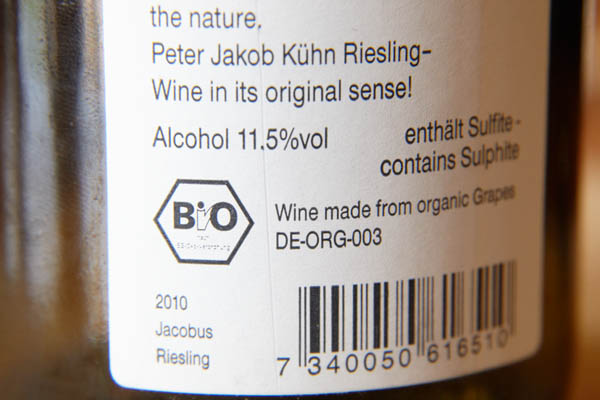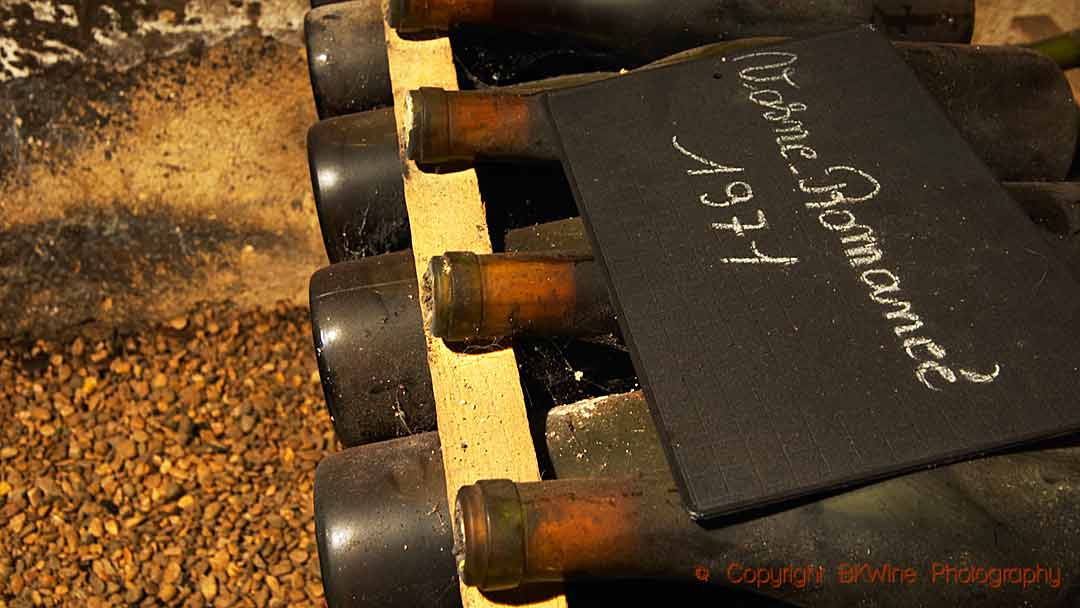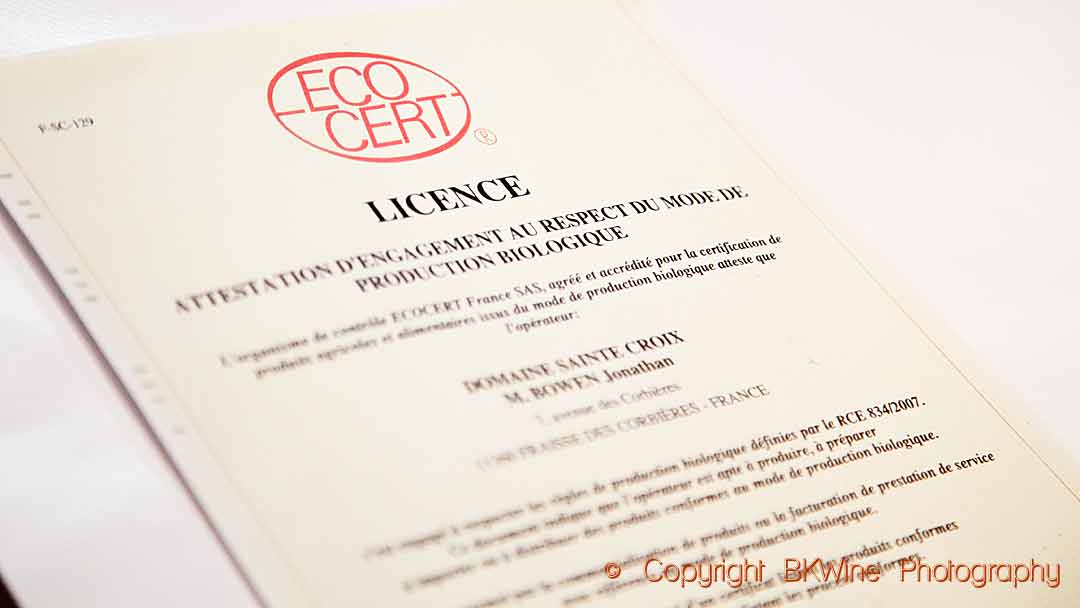It is best to judge organic wines on their quality, not by a philosophy
Do wine consumers have greater expectations when they drink organic wines? Sometimes it feels that way. They should not. It is always the skill of the producer / winemaker that determines how the wine will taste and how high the quality will be. Whether the wine is organic or not is therefore, in a way, irrelevant.
The work in the vineyard is, of course, important for the quality of the wine. But keeping a low yield probably means more to the character of the wine than whether the vineyard is treated with sulphur and copper (organic growers) or synthetic products (conventional) to fight against fungal diseases.
The demand for organic wines is still increasing. But the increase has been a little bit lower recently. This is natural and probably only temporary.
The initial euphoria over a new category of wines has subsided. Organic wines are no longer a curiosity. They are wines that can be bought everywhere. They are available from all wine regions and in all price ranges. And the number of new producers converting is staggering.

Is the wine good?
So I think it is time to let the organic wines just exist. Not treat them differently or taste them separately or have a special section in the shop. For they really have nothing in common when it comes to style and quality.
There are perhaps differences in the taste of organic and conventional wines but they are rather due to the work in the cellar. For instance, the use of sulphur and other additives and technical procedures, will influence the wine.
How the organic producers work in the cellar differ enormously. We now have EU-rules but they are generous and it could easily happen that a non-organic producer works more “stringent” in the cellar than an organic grower.
Three types of organic consumers
Who buys organic wines today? I think you can divide the organic consumer into three categories:
1) Those who also consciously buy organic vegetables and other organic food. These consumers have an organic lifestyle. The quality of the wine is less important.
2) Those who want to support the organic producers because they think that they do a good job that should be encouraged. But they drink conventional wines too.
3) Those who buy wines that they like or have been recommended and where certain wines they choose sometimes happen to be organic.
Group 3 is the big group today which is quite natural. These consumers should not, however, be fooled to believe, as many do, that just because they a producer is well a known and respected quality winemaker that they work organically (or almost) although they are not certified. I often here comments like ”most high quality producers work organically, even though they do not show it on the label”. In most cases this is not true.

Sympathetic certification
More and more I feel sympathy for those growers who are certified. They have accepted a long-term commitment. They know it can be tough in some years, but eventually the vines get stronger and stronger. If you are not certified, it is far too easy to make things easy for yourself and use non-organic products when things get tough.
This long-term commitment from the organic producers is important to understand. It annoys me to read statements as this one, from a recent press release from the Swedish wine monopoly Systembolaget: “Some products did not pass organic certification this year (2012) due to the fact that they had to spray the crops to save the harvest”.
This is not a question about one single year. If you spray with synthetic products or make any other deviation from the organic rules, you immediately lose your certification and you are back at square one. You have to start all over with your 3-year conversion.

Yes, it is true that synthetic products have become less dangerous. But we should not fool ourselves there either. Products which today are allowed within the EU are considered to have an “acceptable risk”. This means that they should not be dangerous for the user, i.e. the wine grower, if he or she uses the right equipment. This often means protective clothing of cosmonaut-type covering the entire body. Dealing with synthetic chemicals is not a child’s game. And for many producers the concern for their employees and their family is what makes them switch to organic.
Several of today’s authorized products are dangerous to bees and other insects and also for the groundwater. I would recommend that you to stay away from a vineyard newly treated with synthetic products, even if you are not a bee.
Nothing is only black and white, not even in this discussion. Organic viticulture also uses products that are not good for the environment. But at least they are less dangerous for human beings.
I am happy to say however, that nature, as always, is really clever. If you keep your yield low and not overload the vine, then you have a better chance to achieve two goals simultaneously: more character in the wine and a vineyard that requires less spraying.
Elementary!












3 Responses
I think many organic and biodynamic growers assert their wines have elevated location signatures; that they taste more intensely of the place from which they came. While I love this theory, I’m not yet inclined to say the evidence in the bottle supports it particularly well.
Furthermore, and perhaps more germane to your piece, tasting strongly of the terroir is not the same as having a pleasing taste. At least not to every consumer.
Bruce, many of my favourite producers are either organic or biodynamic and I think their wines are intense, fruity and very clean. Maybe their skill bring out the signature of the place, or maybe it is their own signature you feel in the wine as much as the place.